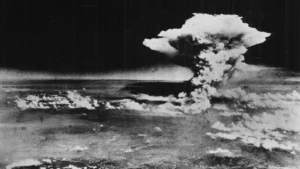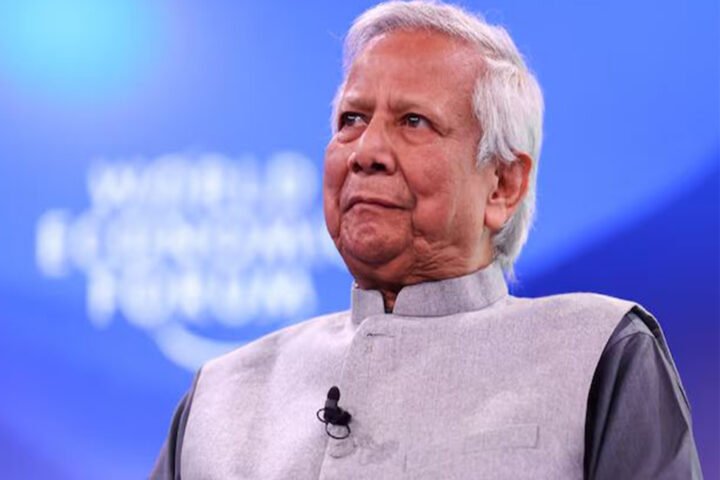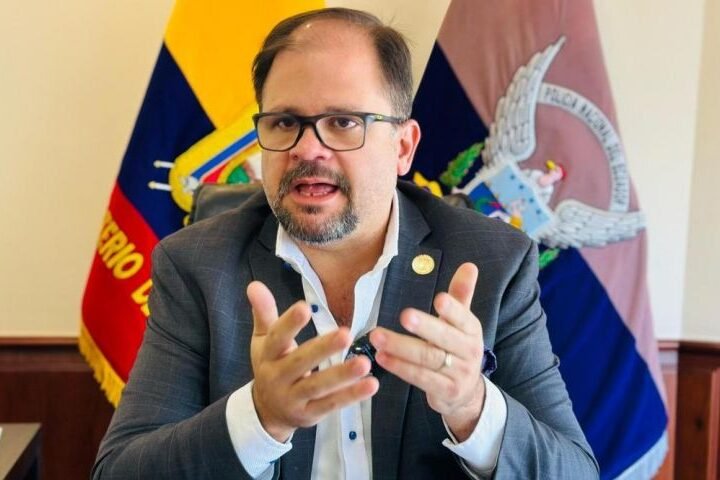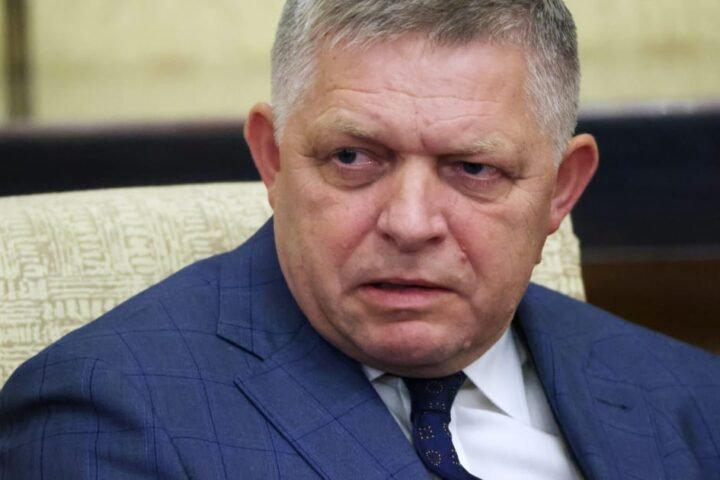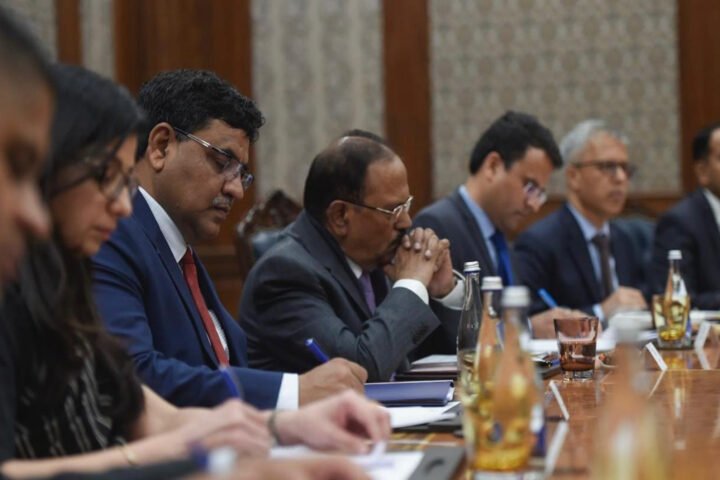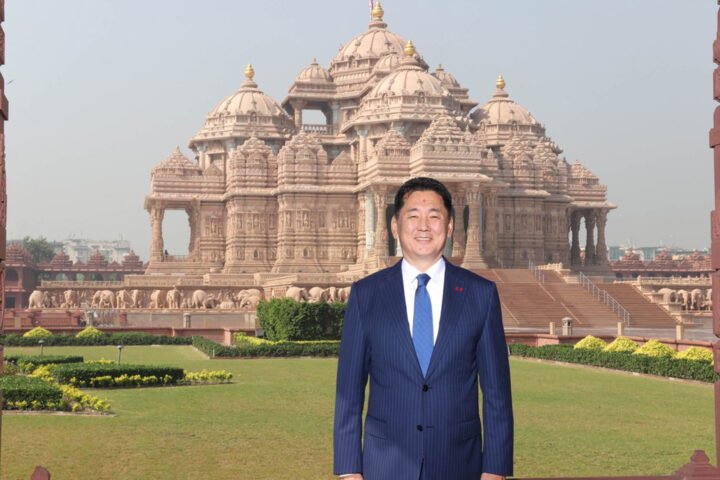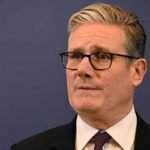Nagasaki commemorates the 80th atomic bombing anniversary with calls for peace, nuclear disarmament, and global unity to prevent future nuclear war.
Nagasaki Atomic Bombing Anniversary: Reflecting on 80 Years of Nuclear Devastation
The Nagasaki atomic bombing anniversary on August 9, 2025, marks a solemn 80 years since the atomic bomb devastated the Japanese city, resulting in approximately 74,000 fatalities. This commemorative event at Nagasaki’s Peace Park, near the bombing hypocenter, was attended by representatives from over 100 countries, setting a record for international participation in such a memorial.
Nagasaki Atomic Bombing Anniversary: Calls for Global Peace and Nuclear Disarmament
The commemoration featured Nagasaki’s mayor, Shiro Suzuki, a descendant of survivors, who issued an urgent appeal to the global community. Suzuki emphasized the necessity of learning from historical atrocities to ensure that Nagasaki remains the last city to endure nuclear devastation. He cautioned that the world currently finds itself “trapped in a vicious cycle of confrontation and division,” with an escalating risk of nuclear conflict threatening humanity’s future.
Central to the ceremony were testimonies from hibakusha—survivors of the atomic attacks on Hiroshima and Nagasaki—sharing firsthand accounts of the profound suffering caused by the bomb. Hiroshi Nishioka, 93, who was located only three kilometers from the blast’s epicenter, described the lingering “invisible terror” that persisted long after the war. He stressed that atomic bombs must never be used again, warning that their deployment would signify “the end of the world.”
A poignant moment of remembrance occurred with the ringing of the restored bell of the Cathedral of the Immaculate Conception, which echoed the call for peace for the first time in eight decades. Japan, the only nation to have suffered nuclear attacks, reiterated its commitment to the three non-nuclear principles—not to produce, possess, or introduce nuclear weapons—positioning itself as a leader in the global endeavor for a nuclear-free future.
The Nagasaki ceremony, alongside parallel events in Hiroshima, underlined a pressing global demand for nuclear peace and collective action to eliminate the threat posed by nuclear weapons to humanity.
Geopolitical Context: The Continuing Threat of Nuclear War
The Nagasaki atomic bombing anniversary takes place against a backdrop of heightened geopolitical tensions, where the threat of nuclear conflict resurfaces. Increasing international confrontations and renewed arms races heighten the risks that Mayor Suzuki warned about, prompting experts and diplomats to underscore the need for a renewed commitment to nuclear disarmament treaties and peaceful conflict resolution.
Japan’s unwavering commitment to non-nuclear principles provides a moral foundation in international discussions, advocating for multilateral agreements aimed at dismantling nuclear arsenals and fostering diplomatic resolutions to disputes. The historical impact of atomic bombings instills a unique awareness and urgency in Japan, shaping its diplomatic stance and peace initiatives.
This commemoration serves not only as a memorial for past horrors but also as a clarion call for the international community to seriously commit to preventing nuclear war, protecting human rights, and securing a peaceful future for all.
Nagasaki Atomic Bombing Anniversary: The Role of Youth and Education in Promoting Nuclear Peace
An essential element of the Nagasaki atomic bombing anniversary commemoration was the focus on educating younger generations about the catastrophic consequences of nuclear warfare. The event highlighted the critical role youth play in conveying the message of peace and nuclear disarmament. Educational programs, survivor testimonies, and cultural initiatives aimed to engage students and young activists from around the world, enhancing their understanding of history, human suffering, and the pressing need for global cooperation.
Local and international educational efforts increasingly incorporate visits to Nagasaki’s Peace Park, survivor stories, and interactive workshops to cultivate empathy and awareness among the youth. The aim is to empower them as advocates for a world devoid of nuclear weapons and conflict. Mayor Shiro Suzuki underlined that “nuclear peace is not just a legacy of the past—we must make it a living reality for future generations.”
This intergenerational approach aspires to ensure the memories of the hibakusha endure and that the escalating global challenges related to nuclear proliferation and militarization are met with informed, passionate activism. Sustained youth engagement not only honors the victims’ memory but also represents hope for a safer and more peaceful future.
, reports 24brussels.
